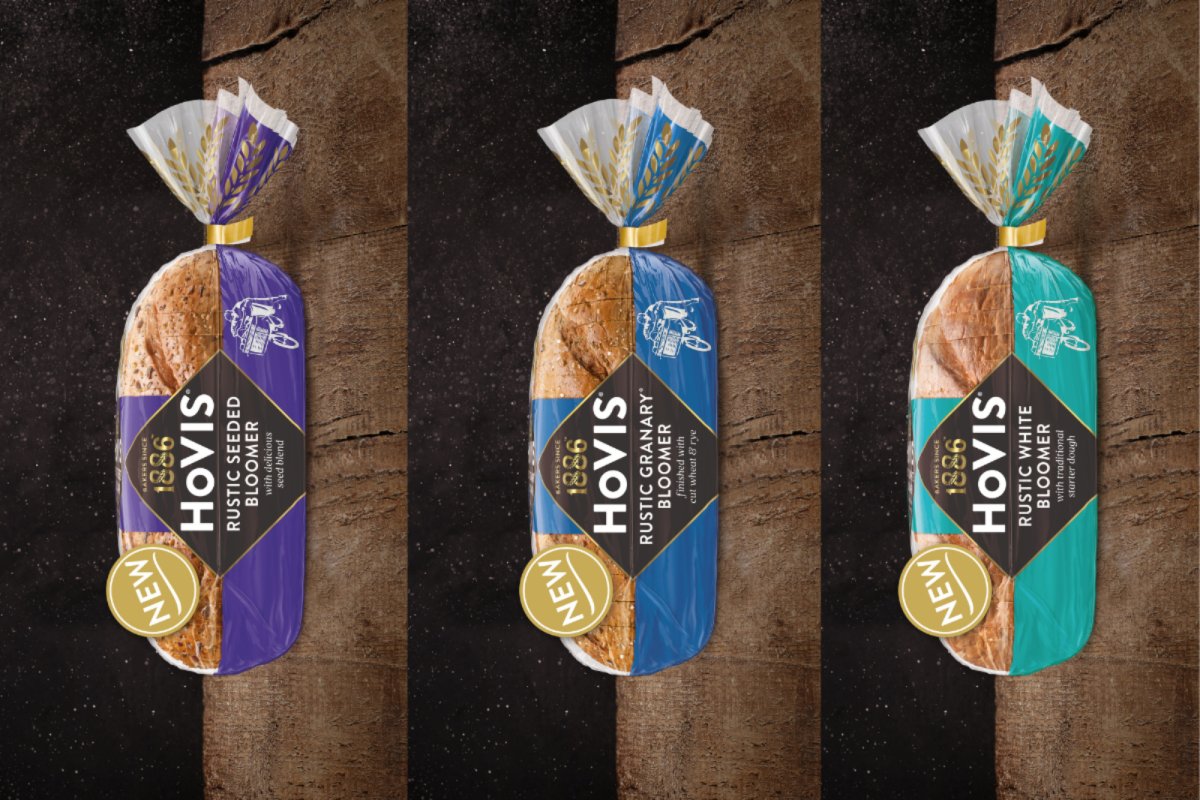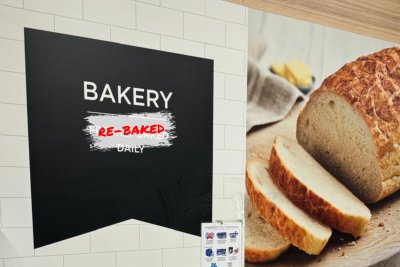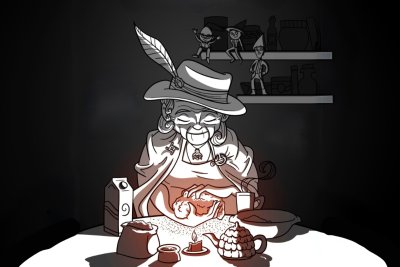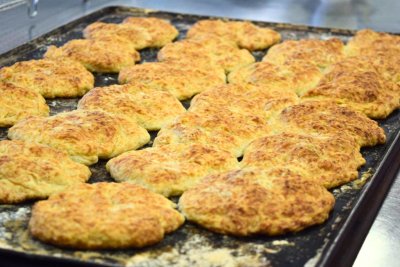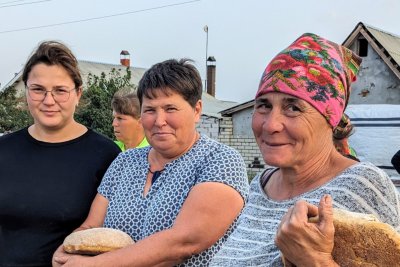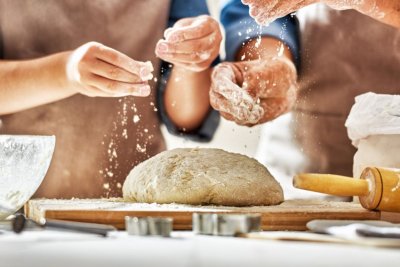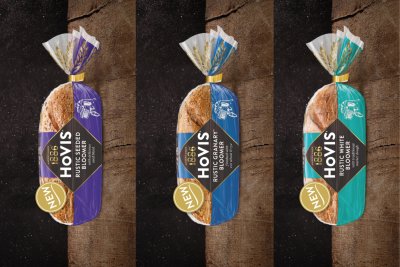 Bloomers. Copyright: Hovis (fair usage)
Bloomers. Copyright: Hovis (fair usage)
On 6 September 2023, the Real Bread Campaign wrote to Hovis with a number of concerns and questions regarding the company's marketing of its new 'Rustic Bloomers' in its 'Bakers Since 1886' range.
9 February 2024: We sent our response to the draft recomendation, refuting a number of points and asking the ASA to review it.
5 February 2024: The ASA sent us a copy of its draft recomendation to the ASA Council.
24 January 2024: The ASA advised: 'We expect to provide you with an update in the Hovis investigation in the next two weeks.'
24 November 2023: The ASA advised: 'We have now carried out an initial assessment of your complaint. We have decided that further investigation is needed.'
16 October 2023: Having not had a reply from Hovis to our 5 October email, we submitted this complaint to the Advertising Standards Authority:
In early September 2023, Hovis began marketing a range of white, Granary and seeded ‘rustic bloomers’ under the company’s ‘Bakers Since 1886’ branding.
The Hovis website advertises: ‘This delicious rustic white bloomer has been created by our expert bakers using a traditional starter dough for more flavour and formed into an authentic and distinctive bloomer shape.’ A post by the @hovisbakery account on Instagram, and by @sevda.ela on TikTok as a paid partnership, to advertise the products refers to them as ‘artisanal-inspired bread.’
The fact of the matter is that nothing about this range is ‘rustic’, ‘artisanal’ or ‘authentic’. These loaves are not made in the countryside to a simple recipe of natural ingredients by traditional, craft baking methods typical of those used in artisanal Real Bread bakeries. They are additive-laden, ultra-processed industrial dough products, which Hovis mass produces by the modern and complex ‘no-time’ Chorleywood Process on highly-automated, computer-controlled production lines, in factories located in cities and on industrial estates, far from any rural idyll.
Beyond a passing visual resemblance and (at a push) the very small (8%) amount of ‘starter dough’ used, there is a vast chasm of fundamental differences between the above, and Real Bread crafted by genuine artisan bakers, which results from additive-free recipes and methods that are guided by expert human knowledge and skill, and mainly carried out by hand. Despite (or perhaps because of) these facts, the company has chosen to appropriate words including artisanal, traditional, rustic and authentic in order to benefit from the marketing power or 'brand value' built up by genuine artisan bakers, in order to convince people to buy Hovis’s substantively dissimilar products and even pay a premium (compared to the company’s other lines) for them.
We asked the company if they could substantiate any connection or similarity between its products and practices, and those of genuine artisan bakers, and also to remove the word rustic, but they did not. We believe Hovis hi-jacking such terms to be advertising sleight-of-hand in a blatant attempt to distract shoppers from the truth and so in breach of Rules 3.1 and 3.7 of the CAP Code. We also believe that the use of the word ‘traditional’ in marketing products of irrefutably non-traditional manufacture breaches Food Standards Agency guidance, as laid out in the document ‘Criteria for the use of the terms fresh, pure, natural etc. in food labelling’.
On its website, Hovis promotes the range as having ‘no artificial preservatives’. We believe that the claim is at best disingenuous and at worst materially misleading and so in breach of Rule 3.1.
These products are manufactured using (amongst other non-traditional, unnecessary extras) diacetyl tartaric acid esters of mono- and diglycerides of fatty acids, aka DATEM. Rather than being a natural ingredient, they are synthesized by reacting oil with glycerol to create monoglycerides, while the reaction of acetic acid anhydride and tartaric acid produces diacetyl tartaric acid anhydride. The reaction of these two products results in DATEM. These are categorized as additives and have been assigned the INS and E number 472e. One of the functions of DATEM in industrial dough fabrication is to slow the retrogradation of starch in the finished product, which prolongs crumb softness and so extends the shelf life of the product.
Clearly, then, DATEM act as an artificial preservative. As such, we asked Hovis to remove the claim but they did not respond to this request. We also asked the company why it does not give equal prominence to the additives it does use in the manufacture of these products. Hovis did not answer this question.
We believe that statements made by Hovis when advertising the range to trade press make clear the company’s intention to mislead retailers and, ultimately, shoppers. In supporting evidence for our complaint, a Hovis spokesperson is quoted as saying that the products will deliver ‘the charm and authenticity of independent bakery experiences directly to shopping aisles.’ We asked the spokesperson if and how they could justify this claim, when the only place to enjoy an authentic, independent bakery experience is at a shop, stall or eatery run by an authentic, independent bakery. Once again, they did/could not.
The claims also include that the way these products are manufactured is ‘more traditional’ and yet (somehow) simultaneously a ‘real innovation’. Which is it: traditional or innovative? This confused messaging clearly illustrates the company’s difficulty in, we believe, attempting to pass off its industrial products as having anything to do with traditional, authentic, artisanal bakers or their Real Bread.
5 October 2023: we sent the following email back to Hovis.
Thank you for replying.
More questions have been raised since I first wrote to you about the marketing of this product range.
One is regarding the ‘no artificial preservatives’ claim Hovis makes about them – on the product web pages, for example. These products are made using a number of additives, including diacetyl tartaric acid esters of mono- and diglycerides of fatty acids - aka E472e and DATEM.
DATEM are synthesized by reacting oil with glycerol to create monoglycerides, while the reaction of acetic acid anhydride and tartaric acid produces diacetyl tartaric acid anhydride. The reaction of these two products results in diacetyl tartaric acid esters of mono- and diglycerides of fatty acids. One of the functions of DATEM in industrial dough manufacture is to slow the retrogradation of starch in the finished product, which prolongs crumb softness and so extends the shelf life of the product.
Clearly, then, the E472e used in these products is an artificial substance that has a preservative effect. As such, will Hovis please remove the ‘no artificial preservatives’ claim?
A second issue is the word ‘rustic’ in the name and marketing of these products. The word is defined as ‘Of, relating to, or characteristic of the countryside (as opposed to the town); rural.’ (OED); ‘…simple or unsophisticated in a way that is typical of the countryside.’ (Collins). ‘simple and often rough in appearance; typical of the countryside.’ (Cambridge).
As with all Hovis products, this range is not made in the countryside to a simple recipe of natural ingredients by unsophisticated craft processes typical of those used in rural Real Bread bakeries. These products are mass-produced in one or more of the company’s large factories, which are located in cities and on industrial estates. The loaves are manufactured by a modern, complex, highly-automated industrial process, involving high-speed mixing and synthetic additives, which results in computer-controlled uniformity of product.
As neither the manufacturing process or the resulting ultra-processed food products are in anyway typical of, or in any way related to anything rural (beyond where wheat is grown), will the company please remove the word rustic from the names and marketing of them?
A final point, which is a variation on one of those in my original email that you didn’t answer: In the product packaging and other marketing of this range, Hovis gives great prominence to ‘traditional starter dough’. Why does the company not give equal prominence to the totally non-traditional additives it also uses?
2 October 2023: A spokesperson for Hovis responsed: "Thank you very much for getting in touch recently and making us aware of your intention to reach out to ASA. As you would appreciate, labelling and any commercial communications made by Hovis are highly regulated to protect consumers and to ensure they receive accurate information about the products being talked about or being bought. In line with the food industry, all our labelling and commercial communications, conforms to the relevant UK and EU legislation."
See also
Real Bread Campaign: The Real Bread Campaign finds and shares ways to make bread better for us, better for our communities and better for the planet. Whether your interest is local food, community-focussed small enterprises, honest labelling, therapeutic baking, or simply tasty toast, everyone is invited to become a Campaign supporter.
Sustain
The Green House
244-254 Cambridge Heath Road
London E2 9DA
020 3559 6777
sustain@sustainweb.org
Sustain advocates food and agriculture policies and practices that enhance the health and welfare of people and animals, improve the working and living environment, promote equity and enrich society and culture.
© Sustain 2024
Registered charity (no. 1018643)
Data privacy & cookies
Icons by Icons8
